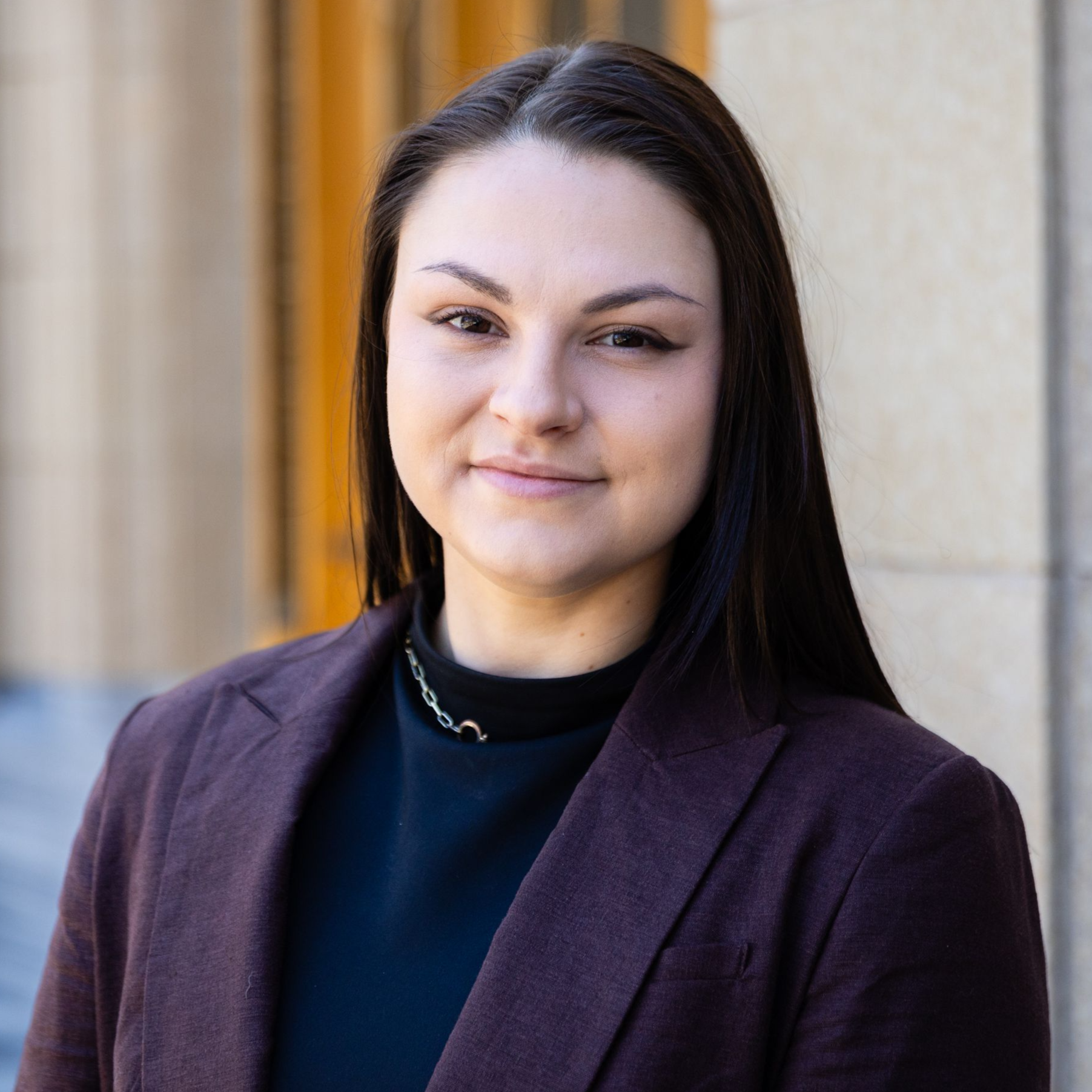AJC analysis: Southwest Atlanta voters hand council presidency to Overstreet

Well past midnight, after Election Day turned to Wednesday last week, most candidates running for office in the 2025 municipal election knew the results from their races.
Not the two candidates for Atlanta City Council president.
Two-term Council member Marci Collier Overstreet and progressive nonprofit leader Rohit Malhotra were neck-and-neck, waiting on delayed Fulton County returns in a race that was still too close to call.
It was those late-arriving returns in Fulton that pushed Overstreet ahead for good — a razor-thin margin of 2,700 votes out of 102,000 cast.
An Atlanta Journal-Constitution analysis of the vote found Overstreet dominating the Southwest Atlanta votes that were among the last to come in. And that area was an emphasis for the Overstreet campaign.
She captured 89% of the ballots cast at the Anthony Flanagan Memorial Recreation Center at West Manor Park, which is a little over a mile away from Benjamin E. Mays High School — where both Overstreet and Mayor Andre Dickens, who endorsed her, attended.
Southwest Atlanta is home turf for Overstreet. She has represented the area on the City Council since 2018 — a stronghold for mayors such as Dickens and previously Andrew Young, Shirley Franklin and Keisha Lance Bottoms.
In Atlanta’s northern neighborhoods, Overstreet secured well over 50% of the votes in all precincts — peaking at 79% with voters who cast ballots at Sutton Middle School in northwest Buckhead. That polling location is just a five-minute drive from an upscale home where Overstreet hosted multiple fundraisers.
In the six core Buckhead precincts, Overstreet captured a combined 61% of the vote.
“I feel especially attached to your concerns here in Buckhead,” she told the crowd at a fundraiser in October alongside Council member Mary Norwood, who represents the area.
Overall, the AJC analysis found Atlanta’s turnout for the November election reached 25% of registered city voters. That jumped from the 23% turnout in the 2021 general election, which featured a highly competitive mayoral race won by Dickens in a runoff.

But it was precincts in DeKalb County, home of the public safety training center that was extremely unpopular with many residents there, which kept the race a nail-biter past midnight. Overstreet was an enthusiastic supporter of the facility while Malhotra helped lead a referendum effort to put the center up for a public vote.
Malhotra took 70% of the vote in DeKalb’s 16 precincts — a 5,000-vote spread.
Tammy Greer, a professor with Georgia State’s Andrew Young School of Policy Studies, said the drastic difference between voters in the two counties could be a sign of an increased interest in progressive candidates in DeKalb. Southwest Atlanta has traditionally delivered establishment votes for mayor and council members.
“There could be momentum — especially with the way that the city is growing and how much development is on the DeKalb side,” she said. “That could shift the politics of the city of Atlanta.”
Malhotra secured 89% of ballots cast at the Terry Mill polling location in DeKalb County followed by about 80% at Druid Hills High and 76% in Candler Park. But he also scored wins in Atlanta precincts.
Malhotra won well over 60% of votes in neighborhoods like Midtown, Old Fourth Ward, Virginia Highlands and Grant Park (where he lives), and across East Atlanta precincts.

According to The Center for Civic Innovation, voter turnout in District 5 on the east side increased more than anywhere else in the city since the last general election — an increaser of about 4,800 ballots. It’s a hot spot for Malhotra supporters.
But ultimately, Malhotra’s efforts to rally progressive voters against his mayor-endorsed opponent weren’t enough to push him to victory.
Less than three miles away from the Hyatt Regency — where Overstreet waited for results on election night — Malhotra’s family and supporters gathered at the popular concert venue The Eastern next to the Beltline.
The crowd cheered as other left-leaning candidates won across the city — most notably a landslide victory for Democratic Socialist Kelsea Bond in Atlanta City Council District 2.
The close race for council president was treated as a win by many Malhotra supporters. On Wednesday night, Malhotra posted on social media acknowledging his opponent’s victory and thanking Atlantans who cast ballots for him.
“This is not a loss,” he said. “It’s the expansion of something powerful that’s been growing in Atlanta for the past decade.”

Overstreet said that, despite her victory, she recognizes a large number of voters cast ballots against her.
And like on the campaign trail, she promised to be a “consensus builder” inside City Hall. But she faced frequent criticism that she’s too closely aligned with Dickens and wouldn’t push back against his administration’s agenda.
“Atlanta doesn’t work well in gridlock, Atlanta doesn’t work well in divisiveness,” she said during an October interview with the AJC. “It’s just not the way I’ve governed in the past, and I’m not going to start governing that way now.”
— Data Editor Charles Minshew and data journalist Phoebe Quinton contributed to this story.


